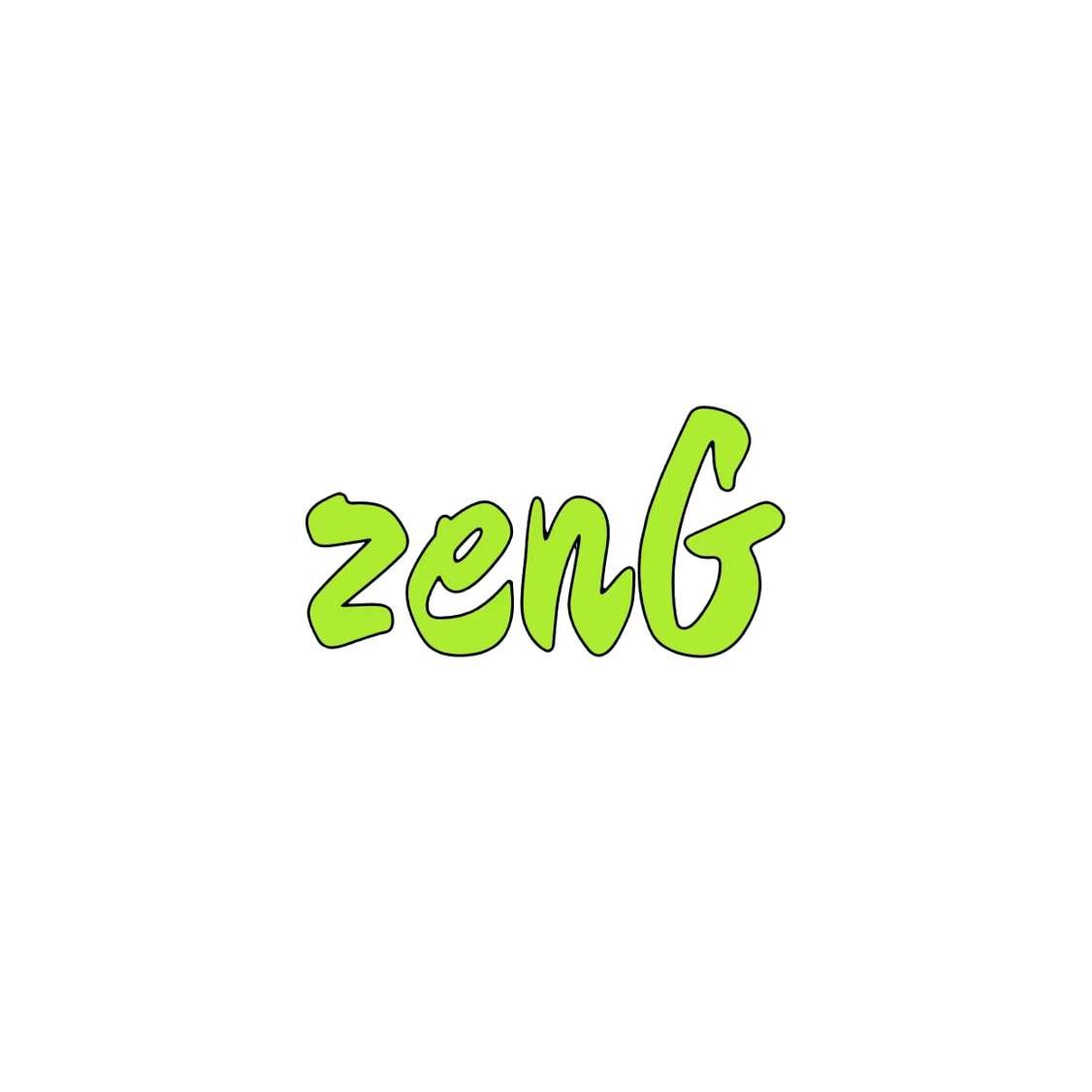The Difference Between Traditional Chinese Medicine and Western Medicine
Theoretically, Chinese medicine treats people. Chinese medicine is based on traditional medical theory, emphasizes the balance of yin and yang and overall conditioning, and guides the use of medicine through the theory of four qi and five flavors and meridians. Western medicine treats diseases by making common progress with the development of modern science and intervening in specific symptoms.
Chinese medicine likes to adjust the human body in a holistic way; for example, your , Chinese medicine adjusts the whole body; while Western medicine treats symptoms in a targeted manner. Western medicine is based on modern medical theory, relying on anatomy, physiology and pathology, and intervenes in specific symptoms. Western medicine focuses on the precise attack on pathogens and abnormal indicators.
For example, insomnia: TCM’s understanding of insomnia
TCM calls insomnia “insomnia” and believes that the key to its pathogenesis is “loss of nourishment of the mind” or “disturbed mind”, which is mainly related to the dysfunction of *heart, liver, spleen, and kidney. TCM will regulate your heart, liver, spleen, and kidney.
Western medicine divides insomnia into primary insomnia (no clear cause) and secondary insomnia (caused by disease or drugs). Western medicine will directly kill the virus
Traditional Chinese medicine is made from natural plants, animals or minerals, which are processed and combined to form a compound with complex ingredients and significant synergistic effects; Western medicine is synthesized from chemical ingredients or extracted from plants or animals using modern technology. Traditional Chinese medicine has few side effects and a wide range of treatments, but it takes a long time to take effect. Western medicine is mostly a monomer compound that is chemically synthesized or biologically purified, with clear ingredients and a single structure. The diversity of traditional Chinese medicine makes it have a wide range of effects, and the singleness of Western medicine makes it more targeted. Western medicine is relatively fast-acting, but the side effects are greater, and the disease is prone to recurrence.
Different ways of use: Chinese medicine is taken orally or applied externally in the form of decoctions, pills, powders, pastes, etc., and focuses on individualized compatibility and syndrome differentiation. Western medicine is mainly in standardized dosage forms such as tablets and injections, following uniform dosages and indications. The flexibility of Chinese medicine can adapt to complex constitutions, while the standardization of Western medicine facilitates large-scale application.
Different development paths: Traditional Chinese medicine relies on experience accumulation and classic inheritance, and modern research gradually verifies its scientific connotation. Western medicine is based on experimental research and clinical trials, and constantly innovates at the molecular level. The inheritance of traditional Chinese medicine retains the cultural essence, while the innovation of Western medicine promotes technological breakthroughs.
Traditional Chinese medicine and Western medicine each have their own advantages and are often used in complementary ways in medical practice. Traditional Chinese medicine emphasizes integrity and natural materials, while Western medicine emphasizes precision and efficiency. The combination of the two can more comprehensively meet health needs. With the deepening of research, the integration of traditional wisdom and modern technology has opened up a new path for the development of medicine.

